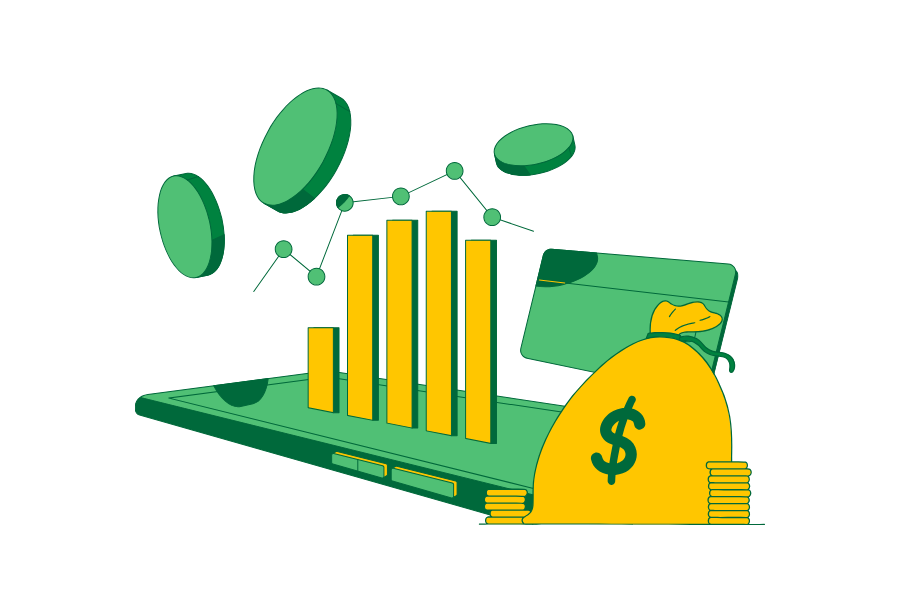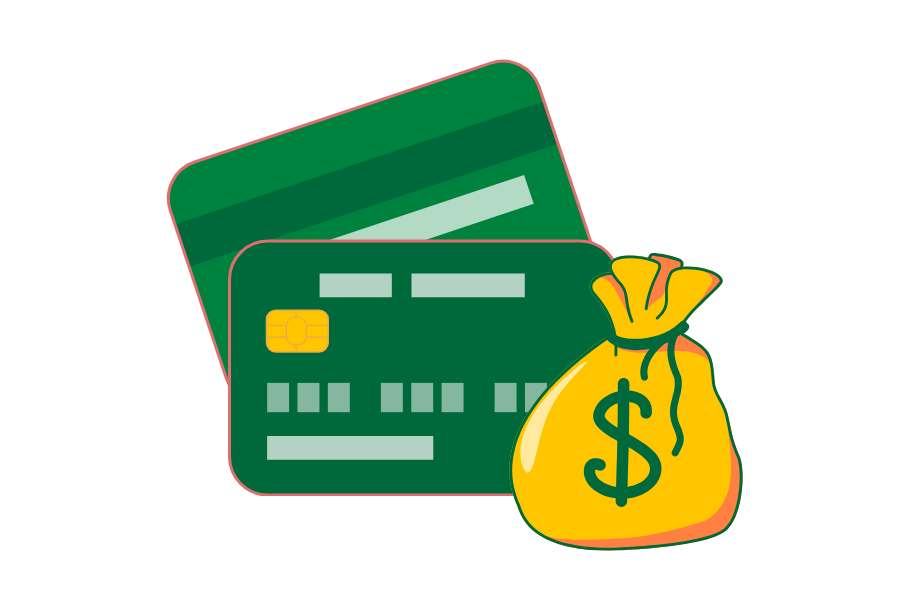Visualising Business Performance: The Power of Dashboards in Accounting
When you’re running a business, the numbers matter — but finding time to interpret rows of data or lengthy reports isn’t always realistic. That’s where accounting dashboards come in. They offer real-time visual insights that help you track performance, make decisions, and stay in control — without needing to be a financial expert.
Here’s how dashboards are transforming accounting services for small businesses and why they’re becoming an essential tool for managing financial health.
What is an Accounting Dashboard?
An accounting dashboard is a visual interface that displays your business’s key financial metrics in real time. Instead of sifting through spreadsheets, you get:
- Charts
- Graphs
- Key figures
- All in one place.
These dashboards pull data directly from your accounting records — updating automatically — so you can see how your business is performing at a glance.
Key Metrics You’ll See On The Dashboard
Dashboards are customisable, but common core metrics include:
1. Cash Flow Position
Track cash in vs. cash out, helping you monitor liquidity and avoid shortfalls.
2. Revenue and Expenses
See monthly income, key expense categories, and profitability trends.
3. Outstanding Invoices and Bills
Stay on top of who owes you money and what you need to pay, improving cash flow management.
4. GST Summary
If you’re GST-registered in Singapore, a dashboard can show GST collected, paid, and net liability — helpful for preparing accurate filings.
5. Profitability by Product or Service
Understand which parts of your business are driving profits — and which need attention.
✅ Your books should work as fast as you do. Get real-time insights, automated reports, and expert guidance—all in one place. Experience live accounting here.
Benefits of Dashboards for Small Businesses
1. Real-Time Visibility
No need to wait for monthly reports — see your financial position whenever you need. This supports faster, more informed decisions.
2. Simplifies Complex Data
Dashboards translate financial data into visuals — so you can quickly understand what’s working and what’s not, without financial training.
3. Supports Goal Tracking
Set KPIs (Key Performance Indicators) and use dashboards to monitor progress. For example: revenue targets, expense limits, or receivables collection.
4. Encourages Financial Discipline
When business owners have daily visibility into their numbers, they’re more likely to manage costs effectively and address issues early.
5. Improves Collaboration
Dashboards can be shared securely with team members, ensuring everyone — from finance staff to directors — is working from the same information.
Dashboards and Compliance in Singapore
In Singapore, businesses must comply with IRAS and ACRA requirements — from GST filings to annual returns and tax submissions. Dashboards help by:
- Ensuring your data is up to date
- Tracking key compliance dates and amounts (e.g., GST liabilities)
- Helping you prepare accurate, timely reports for submission
Proactive financial management reduces the risk of penalties and missed deadlines.
What to Look for in a Dashboard Tool
If your accounting service offers dashboards, check that they provide:
- Real-time data syncing
- Customisable views for your business needs
- Secure, cloud-based access
- Integration with bank feeds, invoicing, and payroll
The goal is to have a clear, reliable picture of your business — wherever you are.
Summary
In today’s fast-paced business environment, dashboards aren’t just nice to have — they’re a powerful tool for oversight, decision-making, and control. For small businesses, they offer the chance to see the big picture and the details — all in one place.
With the right dashboard, you’re not guessing or reacting — you’re managing with confidence, clarity, and speed.
Your Books, Automated. Your Questions, Answered.
Manual bookkeeping eats into time you could spend growing your business. Traditional accounting services charge more but still need constant guidance. There’s a better way.
Counto’s modern accounting solution combines AI that learns your business with expert human oversight. Once our system understands your patterns, it handles daily bookkeeping automatically. Professional accountants review everything for accuracy, and you get instant access to your dedicated Customer Success Manager via SMS or phone—no more waiting for answers about your finances.
Join forward-thinking businesses who’ve upgraded to intelligent accounting that adapts to you, not the other way around. Ready for accounting that actually gets your business? Chat with us now, email [email protected], or use our contact form.
Here are some articles you might find helpful:
Choosing The Right Reporting Frequency: Monthly Vs. Quarterly Vs. Yearly
How Regular Check-Ins With Your Accountant Improve Oversight
Collaborative Accounting: Making Multi-User Access Work for Small Businesses







